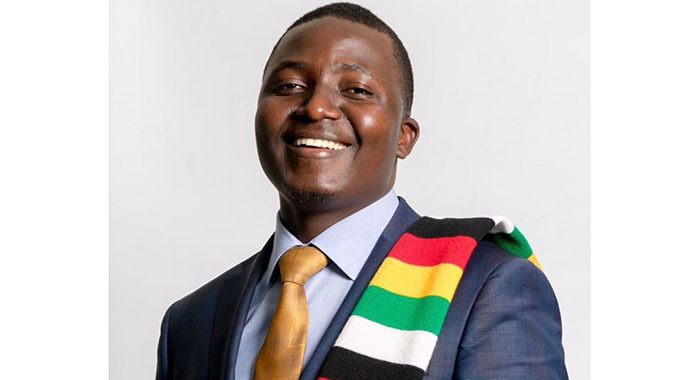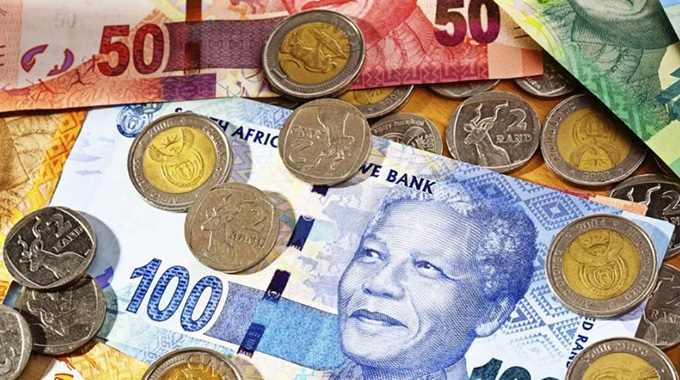Deafening silence on disability, Cyclone Idai

Laylee Moshiri Correspondent
The rapid and comprehensive response by the national and international community to the devastation caused by Cyclone Idai is a true sign of the spirit of “Ubuntu” among the people of Zimbabwe and the world. However, amid the relief efforts, there has been little action on a critical issue — disability.
Addressing the needs of people with disabilities caught up in an emergency, particularly children, is vital for an effective and inclusive response. Children with disabilities exist in all communities, but they are often forgotten during both disaster planning and response. This was made startlingly clear to me when I was told about Gogo Sasa and her four grandchildren who were living at a temporary shelter in Chimanimani.
On the night the cyclone hit, Gogo Sasa realised that her two-roomed house was quickly flooding with water and sand. She grabbed three of her grandchildren and sought refuge at a local church. The fourth child, who is deaf, was left behind. When asked why she had not taken the child with her, she said that she thought it was more important to save the lives of her three able-bodied grandchildren. She believed the deafness affecting her fourth grandchild was caused by an avenging spirit from her paternal family, which gave his life less value.
Gogo Sasa’s story illustrates the challenge of changing attitudes toward disability in Zimbabwe, where it is often associated it with evil spirits, witchcraft and the breaking of taboos. Such beliefs may result in children with disabilities experiencing high-levels of stigma and discrimination, including in disaster and emergency situations.
The situation further re-emphasizes the need for a national disability policy that raises awareness around disability issues in communities and addresses harmful traditional beliefs and practices that are detrimental to the well-being of children with disabilities.
A national disability policy should include the training and educating of staff planning for and responding to emergencies, as many responders may not know what to do when they encounter children with disabilities.
The collection of disability and age disaggregated data as a critical part of the damage and impact assessments should also be incorporated in the policy document.
Children with disabilities should not be grouped together with everyone else under the umbrella of “the most vulnerable” because they may have unique needs related to their age and nature of their impairments.
As we clearly saw in Chimanimani, in the midst of an emergency children with disabilities may be seen as a lower priority, and in extreme cases, may even be deliberately abandoned by their parents or caregivers. It is essential when responding to an emergency that children with disabilities are provided with appropriate nutrition, clothing, shelter, access to healthcare and educational services.
Just as important is the swift replacement or provision of assistive devices such as artificial limbs, hearing aids, crutches, canes and wheelchairs. While addressing these needs, the national disability policy should also set out guidelines to ensure that temporary shelters for affected persons can adequately accommodate children with disabilities.
Shelters used in most emergency cases are often very difficult for children with disabilities to negotiate.
It is certain that the deaf child left behind by Gogo Sasa will have experienced anguish and fear that could leave deep psychological scares.
The national disability policy should ensure the inclusion of children with disabilities into psychosocial support and counselling programmes, under the concept of “build back better”.
That concept does not only include physical infrastructure, but also access to mental health and rehabilitation services.
The provision of sign language interpreters and additional interpreters as required should also be facilitated, to reduce communication barriers and the feelings of discomfort and humiliation which can result when a child is made to feel excluded.
UNICEF Zimbabwe promotes the rights and well-being of every child. And that includes children with disabilities.
For that reason, we are supporting the Government of Zimbabwe to formulate a national disability policy that responds to the often unique needs of children with disabilities — both in times of normalcy and crisis.
Laylee Moshiri is the Country Representative at UNICEF Zimbabwe.









Comments